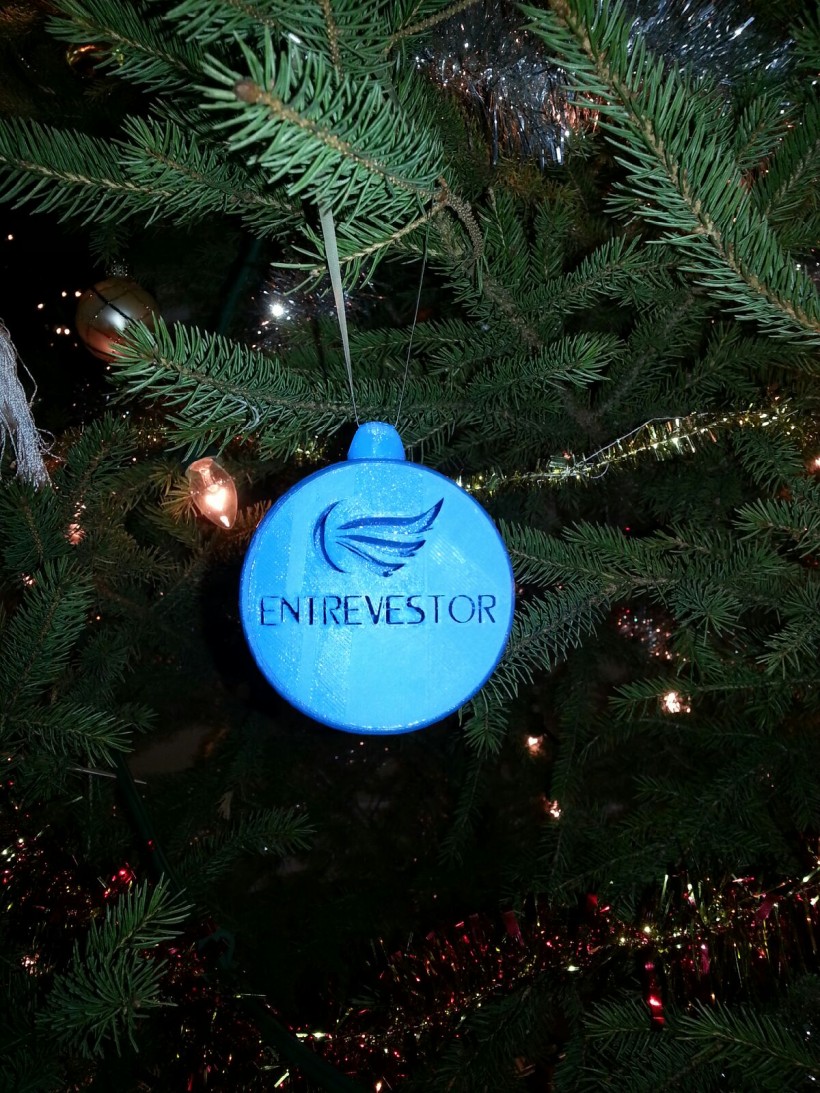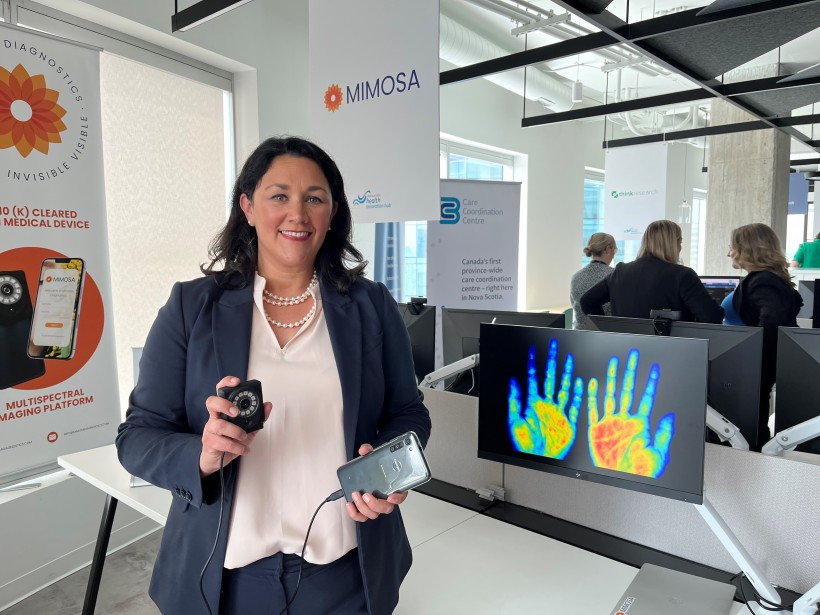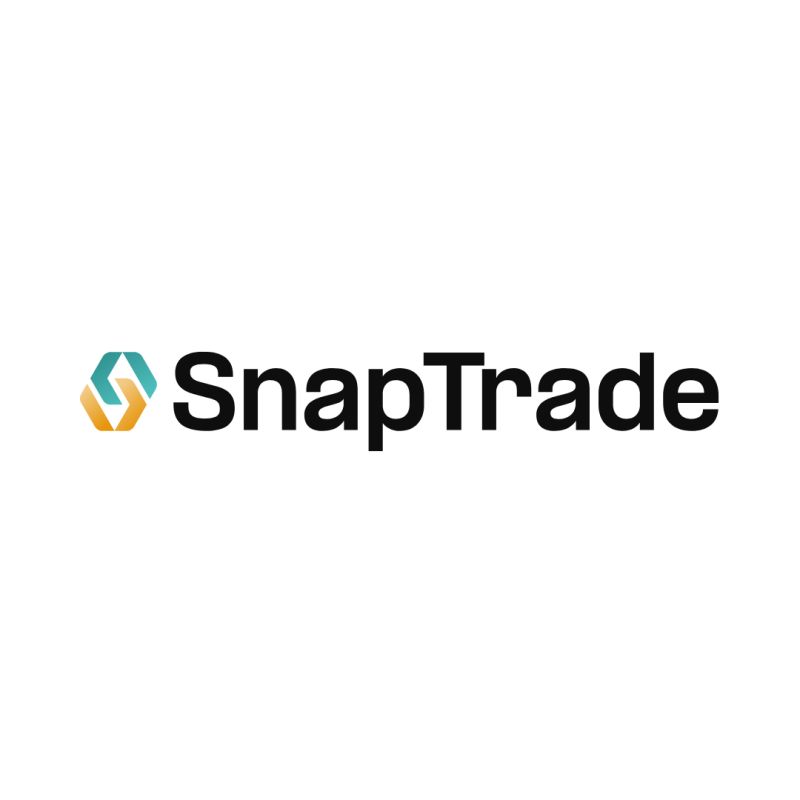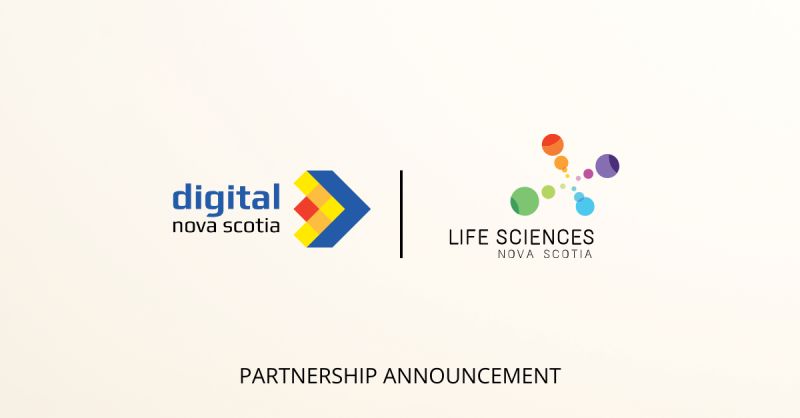The technology created by Halifax medtech startup MIMOSA Diagnostics has been acknowledged as an assessment tool by U.S. Medicare and Medicaid providers, allowing the company to scale south of the border.
In November of last year, U.S. Medicare and Medicaid accepted the portable imaging solution the MIMOSA Pro as a tool to be used in assessing patients prior to the use of skin substitutes in diabetic foot and venous leg ulcer treatment. This means every time a clinician takes and uses the images from the MIMOSA Pro, they can be reimbursed.
“We’re a young Canadian company and we have changed U.S. healthcare policy,” co-founder and plastic surgeon Karen Cross told Entrevestor in an interview.
Cross is currently in the U.S. every week meeting customers, giving presentations, and showcasing at trade shows. She has also been appointed to an advocacy group for policy, payment, and coverage of medicare covered products. She said clinicians are calling the MIMOSA Pro a game-changer that helps them make decisions at point-of-care, and praising the customer support offered by the company.
MIMOSA was founded eight years ago by Cross and General Leung, an imaging scientist at the University of Toronto. They entered the market by applying their FDA cleared technology to streamlining point-of-care wound assessments such as diabetic foot ulcers, bedsores, and similar wounds via a process called tissue oximetry, which essentially uses light to assess tissue health.
Now, the technology is also being used to assess skin and tissue prior to wounds developing. Cross said the MIMOSA Pro can assess a patient’s circulation, and the technology is useful in people of all ages, with modern unhealthy lifestyles making it increasingly valuable. She said large numbers of people are developing diabetes, obesity, and chronic diseases.
“We are a very unhealthy world right now,” Cross said. “Even in developing countries, we are seeing an increase in chronic disease at rates that are unprecedented. The adoption of a western lifestyle in these countries has led to increases in diabetes and heart disease which puts patients at greater risk of limb circulation problems.”
Cross said chronic illness-related wounds are “a tsunami” impacting around one-quarter of families globally yet most people don’t know anything about wounds or skin injuries. She said the MIMOSA technology allows patients to see and understand their own medical images in real-time, becoming active members in their own care. This makes them more likely to return for future treatments.
“The images make them more likely to come back for their therapy because they understand why the therapy is helping them,” she said. “They are involved and can see the benefit. It increases their belief and commitment to heal.”
Cross said the company is currently raising money -- she declined to say how much -- and is open to approaches from investors. The money is required to double the company’s staff from the current 28 within 12 months in order to manage increasing market demand.
She said that in the past, the company has raised capital from groups such as Kindling Venture Partners, a California company, Vancouver’s Spring Impact Capital, Halifax’s Tidal Ventures and Toronto-based organizations: Archerwill, Delrina and Raspberry Investment Corporation.
Cross said that if the Americans do add a 25 percent tariff to Canadian imports, investor confidence may be impacted but she has no plans to move manufacturing to the U.S. In fact, she is confident of raising money in the U.S. where she says investors understand the sector.
“In Canada, pharma and digital companies have more options and VC firms that are interested in the sector,” she said. “Medical devices have more limited opportunities for investment and consequently investment tends to come south of the border where there are more opportunities.”
She said the company’s current U.S. investors have confidence MIMOSA can navigate the situation as it relates to new trade policies.
“Tariffs may change how and where we hire,” she said. “We are watching closely the evolving situation. We are working with other medtech companies and advocacy groups to ensure we obtain the best outcome.
“Running a startup company is simply a series of problems you are constantly solving. Making strategic and tactical decisions is important -- eliminate the noise and focus on the north star. We lost our entire supply chain during Covid, had to build a brand-new MIMOSA device just as we received our regulatory clearance and had to start all over again. This company is resilient thanks to our bright and agile team.”
Cross said the company’s rapid growth in the U.S. is in contrast to its growth in Canada, which has been slower to adopt the MIMOSA technology.
“Barriers to procurement make it hard to sell into Canada,” she said. “It’s unfortunate because we are a Canadian company, I am a Canadian surgeon. We want to help here too.”










